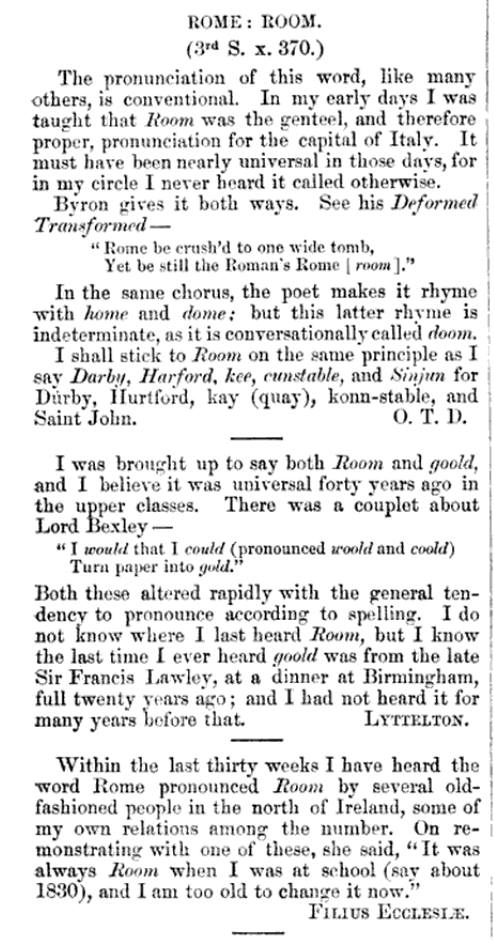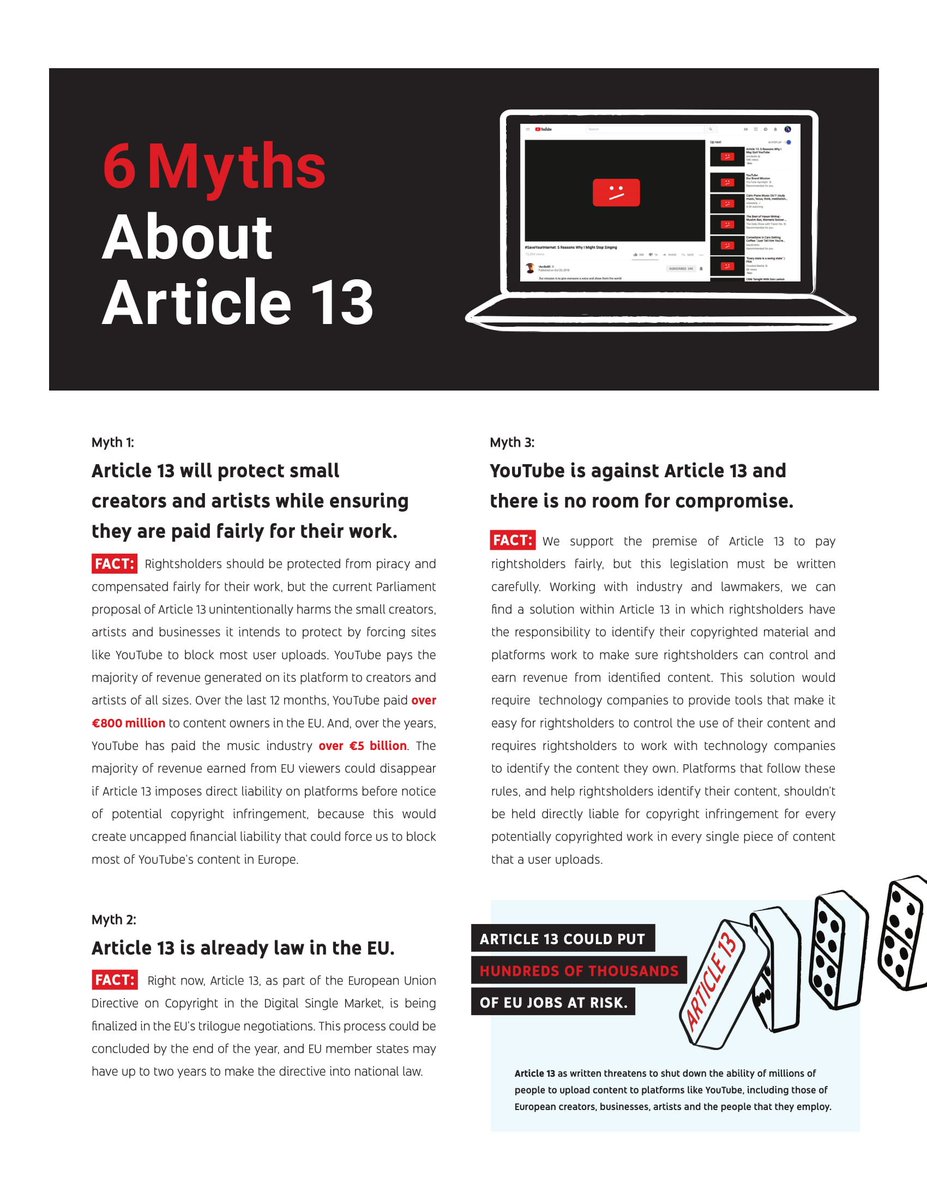Why are šāˁir and šiˁr the words for poet and poetry in Arabic? Etymologically, these two words ought to mean "one who knows/perceives" and "knowledge" respectively. And indeed šiˁr does have the latter meaning,
It is likely that this sense of "know(ledge), sense" is old, and the sense of poetry is a semantic innovation. How and why did this happen? One good place to start looking
It has previously been remarked that Qur'ān is not likely to have been mistaken for šiˁr if the word at that time meant what it means in
If the audience of the Qur'anic Messenger had understood šiˁr in this way, it is difficult to see what the problem would be At minimum, whatever else šiˁr meant, it included some kind of linguistic
There are Qur'anic passages that shed light on what kind of šiˁr was specifically at issue.
It is not the speech of a šāˁir. Little do you believe.
It is not the speech of a kāhin. Little do you believe."
(69:40-42).
Kāhin and šāˁir are linked by syntactic parallelism, here, and this is not the only place where they
The Qur'ān does not spell out any formal differences between itself and šiˁr, or between the latter and whatever the kāhins were producing. Rather, the it distinguishes itself from them on the grounds of
academia.edu/39727853/Infer…
For the Messenger's audience then šiˁr probably could be
Which brings us back to etymology. If šiˁr was originally "knowledge" or "sense",










